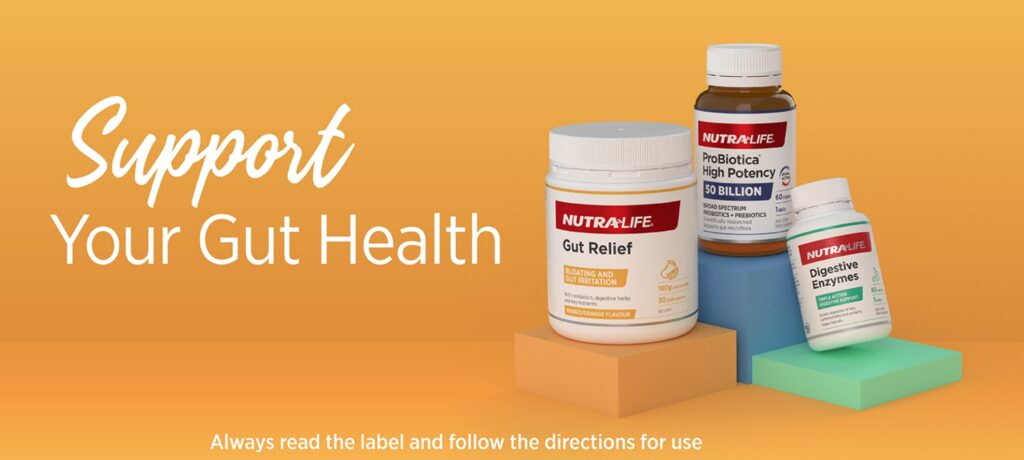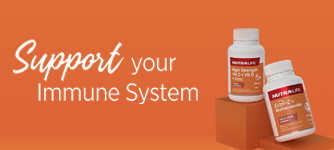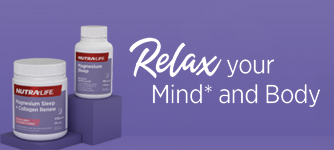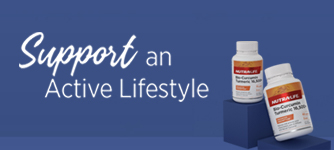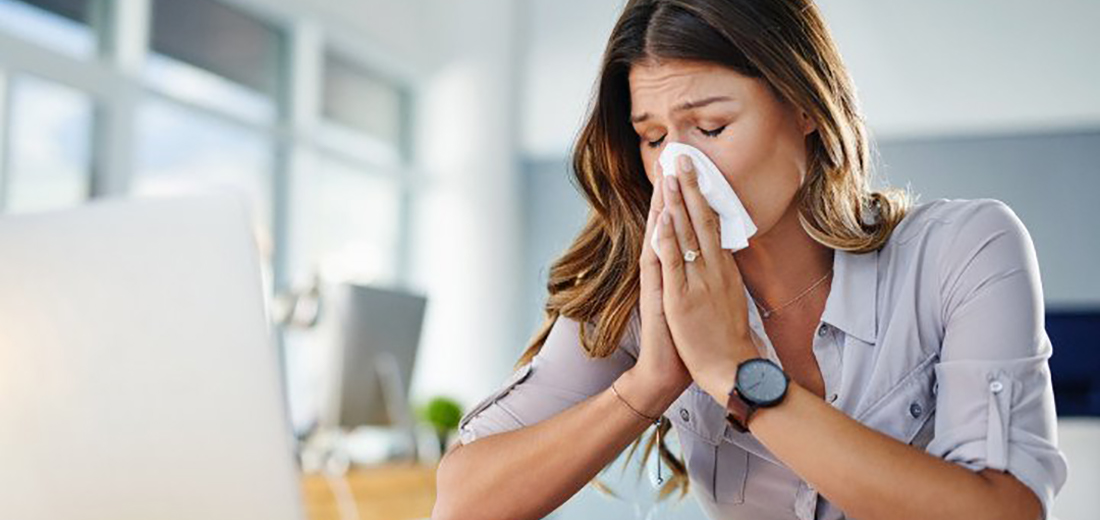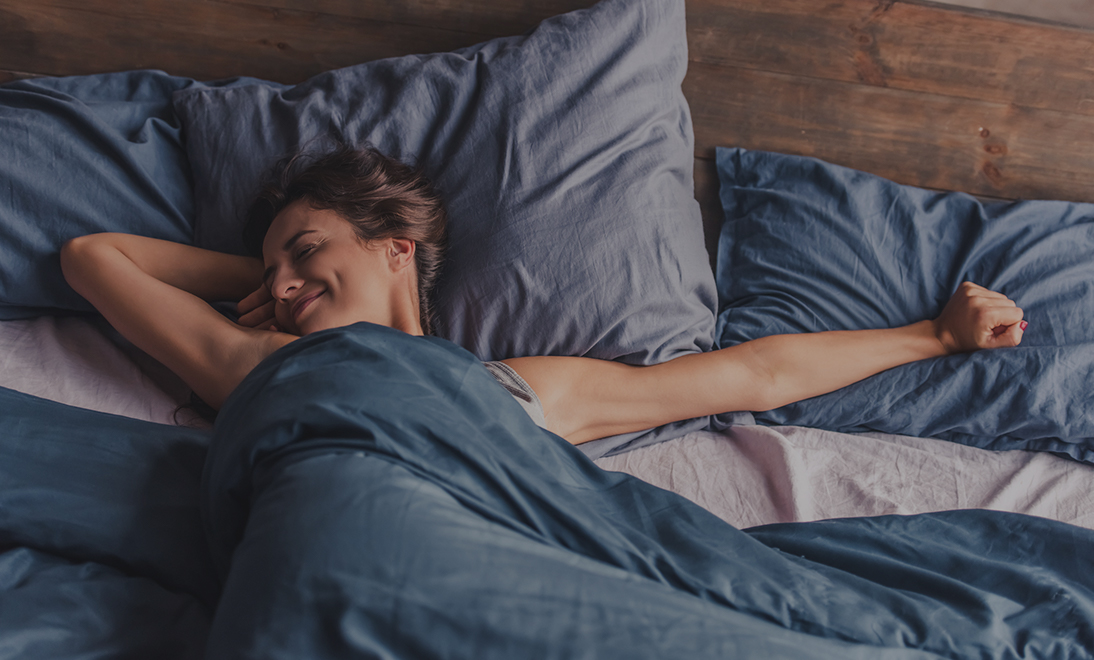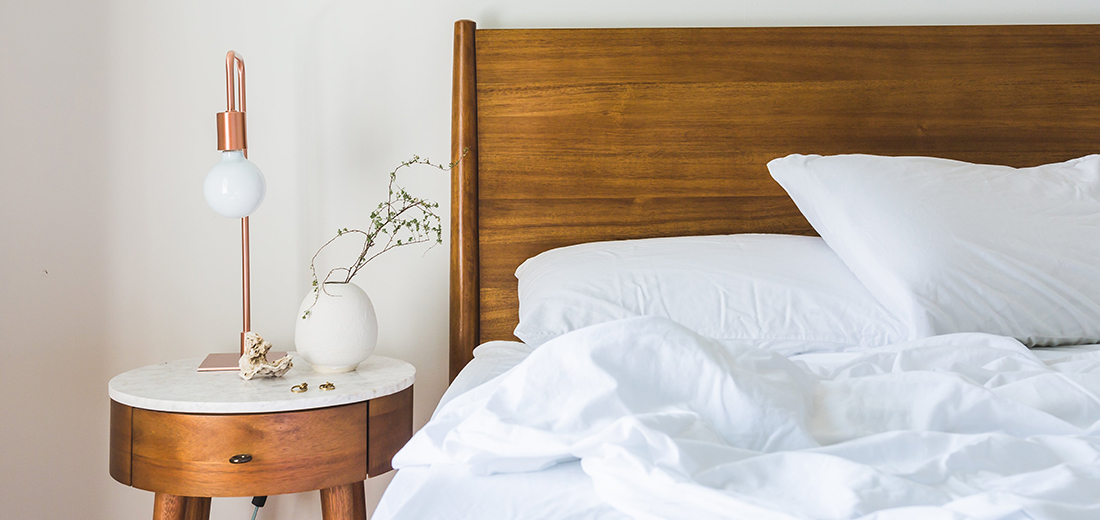We all do it many times a year. Whether it’s because we’ve got a cold, an allergy or our noses are irritated, sneezing is just another way to clear the membranes. They’re annoying, and usually a symptom of general unwellness, but after all, a sneeze is a sneeze, isn’t it? No harm done?
That is not always the case. For too many of us, a sneeze (or a cough, heavy lifting or even a laugh) triggers urinary incontinence. This is when we cannot hold onto our bladders and a shameful spurt results. It’s embarrassing, messy and unpleasant. And it is also very, very common.
What causes urinary incontinence?
Age mostly. As we get older, our pelvic muscles weaken and we may not have it in us to hold it in. Childbirth also weakens these muscles. In men, urinary incontinence can be a symptom of prostate cancer or enlarged prostates. It could also be an indication of a urinary tract infection (UTI) or kidney stones.
Is it dangerous?
If you find that you have regular urinary incontinence, don’t dismiss it. Talk to your doctor if you have frequent episodes, especially if it hurts to urinate, or if you are just incapable of getting to the toilet in time. However, as a general rule, it’s a treatable condition.
How can I prevent it?
Healthy eating and drinking is one of the best ways to treat incontinence issues. Avoid smoking, as coughing can often bring on leakage. Being overweight puts pressure on the bladder, weakening the muscles and making it harder to control. Alcohol and caffeine products are both diuretics, meaning that you produce more urine, increasing irritation within the bladder, so should be avoided or minimised.
Drink to better bladder health
Water is the natural enemy of poor bladder health. Keep your fluids up – don’t be tempted to try and dry your bladder out. This can lead to dehydration and can cause irritants in your urine, adding to the risk of UTIs. Drink juices that are lower in acids, such as pear or apple. Herbal teas, such as those made from corn silk, or marshmallow root, have also demonstrated benefits for people with incontinence issues. Try a tablespoon of apple cider vinegar twice a day, in water. Celery – root, stalk, leaves, seed and juice – provides a natural health boost.
Exercises and other methods
Kegel exercises, where you learn how to strengthen your pelvic muscles, are a great way to naturally overcome the nasty effects of urinary incontinence. Practise by holding your urine in, mid-stream and hold for at least five seconds. At the same time, pretend you’re also trying to avoid passing gas. Once you’ve got the hang of it, these exercises can be done anywhere, anytime and with no one being the wiser. Other methods include bladder training, when you go to the toilet on a schedule, or “double voiding” – urinating, then waiting for a minute and trying to void again.
The natural way to good bladder health
Don’t let your overactive bladder hold you back. Check out our range of products designed to help you out with this tricky, but treatable, issue.

